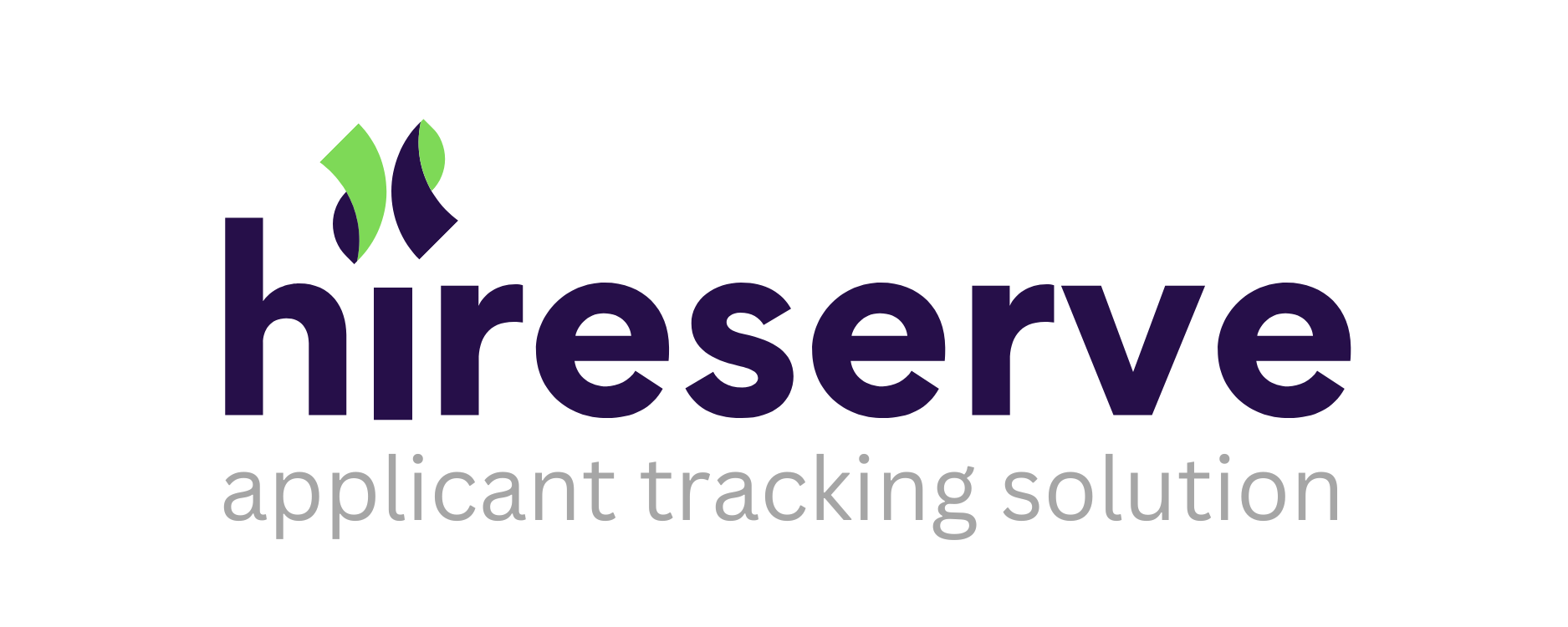The workplace is currently rife with redundancies – and has been for quite some time. With the UK cost-of-living crisis and recession putting many people in a tough spot, the anxiety of being made redundant looms like a dark cloud, and it’s not unjustified.
Figures collected by the Office for National Statistics showed there was a rise in the number of redundancies planned in 2023 (278,149). This figure is even more tough to swallow when compared with 2022 (176,149), making it a 58% increase. In response, Gen Z have taken stock, and turned to TikTok, where the hashtag #governmentjobs racking up over 22 million views and counting.
Why?
Despite the current economic circumstances putting more pressure on the finances of many talented young people, the wave of redundancies in the higher earning industries, such as Tech, have shown some of the highest risks of redundancy. Meanwhile, the lower paying but more secure, public sector jobs are appearing much more attractive to Gen Z talent.
It’s not as if this doesn’t align with Gen Z’s values – McKinsey found Gen Z care deeply about feeling as if the work they do is meaningful. As public sector jobs focus on the betterment of the country or a local area, perhaps Gen Z may surprise the sector with the change their enthusiasm can push forward.
So, how should recruiters respond to this trend?
Employer Brand
Ensure you update the employer brand potential Gen Z candidates are being exposed to. It should stress the aspects of the sector and what is has to offer that is currently capturing Gen Z’s attention – such as the long-term benefits, social impact, and security.
Some ideas include:
- Share how your current employees feel motivated by the positive changes they’ve been able to make to their community or country.
- Implement volunteer days as a new benefit, to further feed this Gen Z interest in social change.
- Share stories of employees who have been retained long-term in your organisation to present the career development and perks the sector has to offer.
- Similarly, have some of your younger employees share why they were attracted to the sector.
- Don’t be shy about what may seem to be the boring benefits – that’s what Gen Z are flocking for. Brag about pension, your average employee tenure, and other similar perks.
Graduate Jobs
Align this news with your graduate recruitment strategy. Research conducted by Cloud Assess found that, when done well, training and development have a stronger impact on young people’s work ethic than any other generation. Over a quarter of employees aged between 16-34 believe training and development is the most crucial factor when it comes to their engagement as an employee.
Therefore, when interviewing these young people who have had their head turned by public sector stability, make sure your Learning & Development policies are strong and up to date, so you can share how security doesn’t mean career stagnation.
Gen Z have also been found time and time again to care deeply about flexibility and work-life balance. Now, this doesn’t mean your whole workplace now needs to adopt a 4-day-week which is entirely work-from-home, but it does mean your HR team, leadership and line managers need to coordinate and take a critical look at the current culture of your organisation. Are policies in place to support working parents and employee mental health? Are you able to offer flexible working models to those who request it? All of these contribute to fostering a workplace which people will want to stay in long-term.
Update Your Tech
Any fully fleshed out recruitment strategy relies on the right tools and technology to improve efficiency and boost experience.
Lincolnshire County Council (LCC) has over 4,500 employees and delivers a range of services and support to residents across seven districts. The Council selected Hireserve ATS after growing frustrated with their previous recruitment software’s lack of flexibility. Alison Miller, Talent and Resourcing Manager at LCC explained: “As soon as we began using Hireserve ATS, we understood how we could shape the system to enhance our existing workflows… We also knew we would be able to introduce new processes.”
Upon implementation, a key priority for LCC was to embed a self-service model for Hiring Managers. The Council’s 300+ Hiring Managers now drive a large part of the recruitment process, enabling the Council’s Resourcing Advisors to provide a more service-focused role.
The results the council have seen are transformative:
“The Council has reaped significant time and cost benefits from empowering Hiring Managers to take control of recruiting new staff … In our Recruitment Administration team, we have been able to save c. £25,000 through automation and a refreshed team structure.” – Alison Miller
Additionally, with a wholly automated hiring and on-boarding process, Lincolnshire County Council has saved, on average, 18 days off the end-to-end recruitment process.
Read the full case study here.


